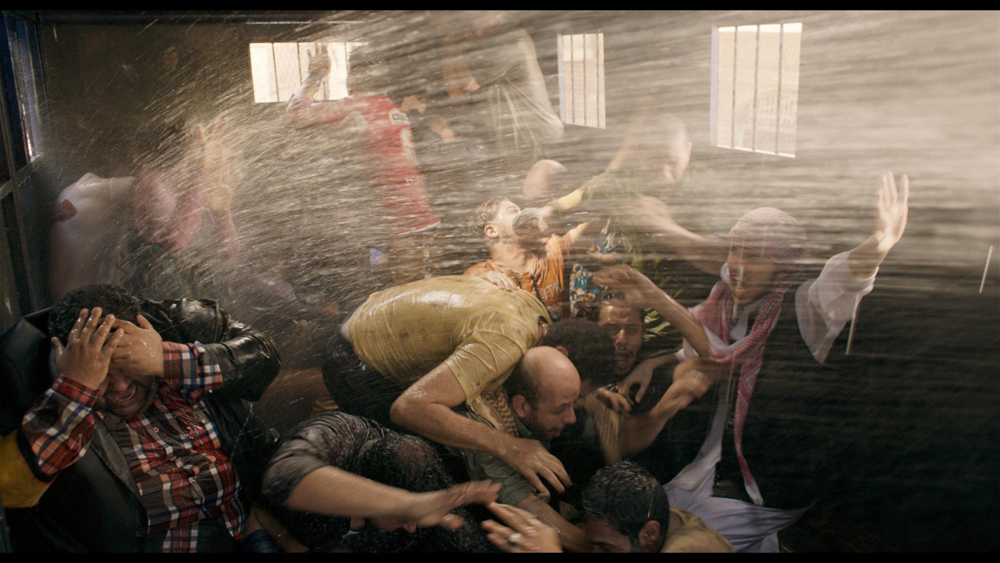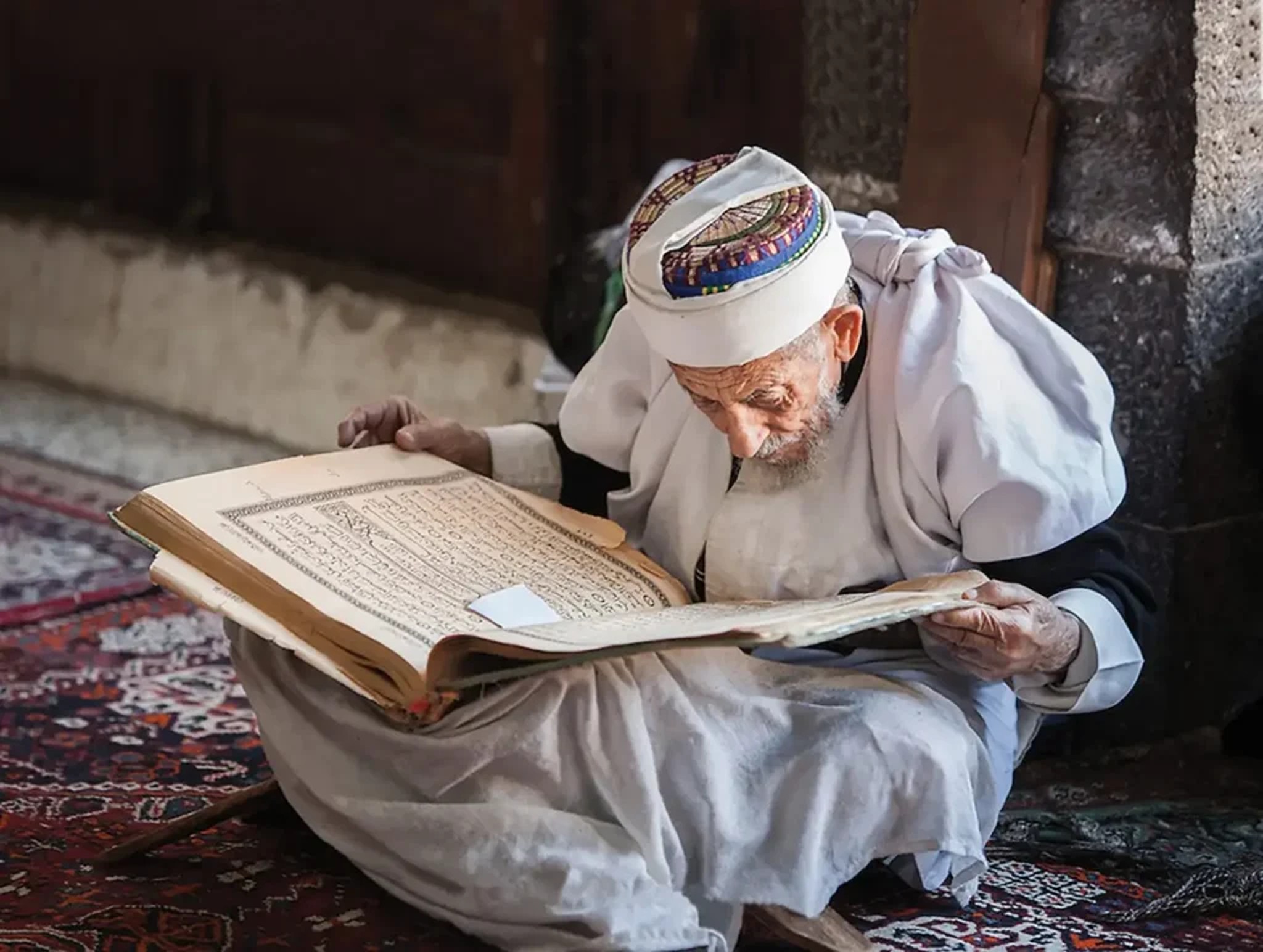“Open up! We’re dying!” This is how 20-30 people who are crammed inside an unbearably hot eight-meter police truck begged for help in Mohamed Diab’s brilliant film Eshtebak [CLASH]. Detainees of all political backgrounds call desperately amongst tear gas, crowds and gunshots. The film will make you go through all of these feelings. It personally made me cry, laugh, and put me at the edge of my seat.
The film’s brilliance relies within the fact that it does not cheaply advocate one side over the other. It narrates times of high political tension and conflict back in July 2013 during the ouster of former President Mohamed Morsi by the military. It presented all sides, and as the plot progressed, I had failed to keep supporting the characters I just cheered for. In fact, I sympathized and then hated every single character over and over again.
The cinematography had a significant role. Using many bright lights and diverse angles in such tiny spaces perfectly conveyed the feeling of claustrophobia and hysteria among protestors. It was so surreal that I could feel the anxiety during the break.
Before the movie was released, Diab, the director, wrote about the message he wanted to send. “Hysteria moved from one side to another. It’s very painful to get oppressed by those who are like you…I believe in humanity and I know that hysteria can make people the worst version of themselves. I spent three years in making this film to deliver a message to those overwhelmed by the hysterical virus. It’s the best response and it is a message of love,” wrote Diab in a Facebook post.
“A message of love” was indeed delivered by the actors’ superb performance. I was impressed by the performance of all actors especially by the young actors, including Ahmed Malek, Mai El-Ghaity, and Ahmed Dash, who all excelled and made me excited for the upcoming generation of Egypt’s actors. All actors delivered a performance to be proud of.
Eshtebak has been definitely receiving a lot of excitement and supporters lately, including Hollywood’s Tom Hanks, who sent a letter of encouragement and admiration to Diab, and asked everyone to see the movie. It’s been admired at the Cannes festival and I believe that even 50 years from now, this film will be viewed as an extraordinary production that impeccably documented a troubled time in the history of Egypt.







Comments (0)